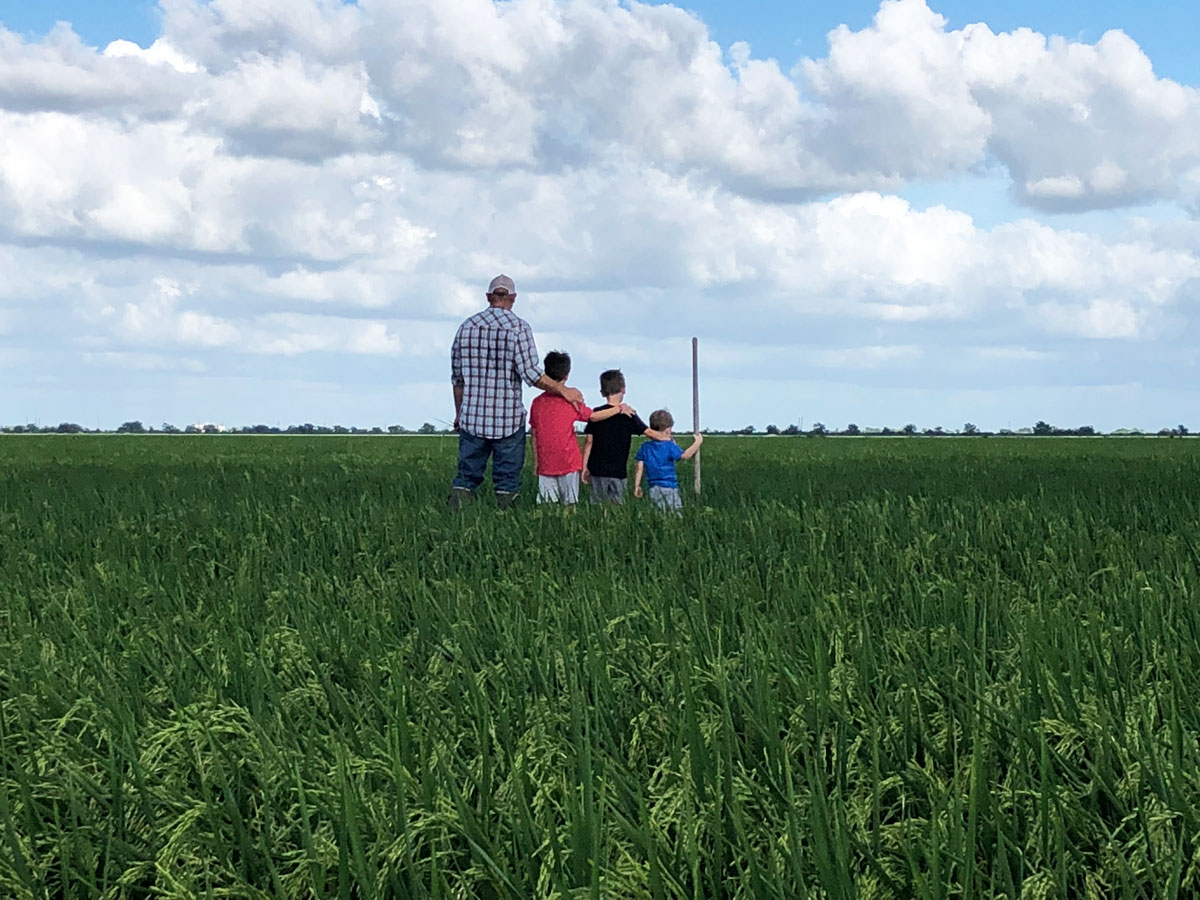 All in the family
All in the family
Nov 20, 2020
WASHINGTON, DC -- Yesterday, the U.S. Department of Agriculture (USDA) issued an official amendment to make corrections to the final rule on payment eligibility for farm programs published on August 24.
USDA initially published the final rule via the Federal Register in August to implement the mandatory changes required by the 2018 Farm Bill, including the new definitions for family members which were expanded to include nephews, nieces, and first cousins. The expansion of these family definitions was a major priority for USA Rice during the 2018 Farm Bill debate.
In addition to the mandatory changes required by the Farm Bill, USDA inadvertently made changes to other regulations used to determine if individuals meet the “actively engaged in farming” requirements. The most significant concern in the August rule was the deletion of the “significant contribution of active personal management” definition including commensurate share. In its place, USDA chose to apply the same definition for “significant contribution of active personal management” to both family farms and non-family farms. This definition was already in place for non-family farms as an outcome of the 2014 Farm Bill and resulting rulemaking by USDA under the previous Administration.
USA Rice voiced concerns with the provisions and provided legal analysis to USDA and Congressional offices and asked USDA to immediately issue additional regulations to correct the final rule. The rule issued yesterday does just that, securing a fix that reinstates the original intent of the law – to protect family farming operations.
“USA Rice applauds USDA for clarifying these regulations that will protect family farming operations,” said Nicole Montna Van Vleck, a California rice farmer and USA Rice Farmers chair. “We also thank our Capitol Hill champions for their work and efforts to reinstate these critical protections.”